We provide over 100+ FREE crypto articles on our SubStack! :D (Link on our profile). This is not financial advice.
TLDR:
What happened at least last time throughout the 14th and 15th and then into the 16th century is what they call the renaissance which is just a fancy word for rebirth. It was a rebirth of not just their economic system or their political system but actually their culture and their identity of how they thought about themselves. Education, off-chain integration, as well as governance, are the three biggest keys to unlocking how we are going to make this renaissance truly impactful. It is not just protesting on the streets or arguing with people on Twitter. These are tangible things that we can do right now to make a very big significant difference in the future.
What Has History Taught Us?
One way to look at history is as a pendulum swinging back and forth between aggregation and decentralisation.
Throughout the Middle Ages you had power and wealth and economic value was becoming increasingly concentrated century after century. A part of this was aggregated in the Roman Catholic Church but it wasn't just religious and they actually acted as a political entity. The way we can best view ourselves is almost as medieval European farmers. Our world is fundamentally aggregated and pulled together and we exist in this world of hierarchy.
During the Middle Ages what happened was that communities tried to coordinate socially and resist this hierarchy and create more free economic markets and exchange information more freely with one another but they could never really pull it off. They were at the bottom of not just the religious pyramid but this political pyramid and each time they tried to do anything they were smashed by those in power at the top of the pyramid. They could not coordinate and communicate ideas effectively with one another nor could they incentivise one another economically and could not share value very efficiently.
What happened at least last time throughout the 14th and 15th and then into the 16th century is what they call the renaissance which is just a fancy word for rebirth. It was a rebirth of not just their economic system or their political system but actually their culture and their identity of how they thought about themselves. The other attempts at renaissance and reformation were smashed each time because they didn't have the decentralised technology to be able to effectively coordinate and build markets and take action. There were two particular new types of technology that allowed this renaissance to actually work last time — the printing press and double-entry bookkeeping i.e. a ledger.
Ledger
Ledger was absolutely radical at that point in time. Credit and debit and left and right was something new. Medici had rediscovered it from back in the Roman Era. Some of the people talked about it and it was used in North African communities. It was like magic where all of a sudden, the power brokers didn't have absolute control over the monetary system. You could essentially prevent false forks, increase velocity and composability. As a result, there was an explosion of financial technology around this idea of using ledger-based accounting and reconciliation system for contracts. It gave an increasing amount of people access to capital and created a whole proto-capitalistic or proto-economic class.
Printing Press
When we think printing press we think of machines or newspapers or somebody cranking out a Gutenberg bible but most of what was printed was actually images with big words and tag lines. They were almost like the memes of the day. It allowed you to share ideas at scale where previously if you wanted to share a document like an economic contract or piece of literature it would cost you a year's or 10-year’s salary to have a scribe make the copy. It was locked away under permission and observability. Being at the bottom of the pyramid probably meant you would not even have rights to access that contract. The printing press allowed the dissemination of ideas at scale and also the openness of these contracts to a lesser degree.
The technology was fundamentally distributed and decentralised. The power structures did not like it obviously because they had controlled the means of not just economic coordination but also information. They tried to outlaw it but that did not really work very well because it was decentralised in the sense that it only took a couple of hours in a shop off-grid. They tried to KYC it and register printers which didn't work either. They were placed in this no-win situation where the technology was growing so fast and the audience was growing so rapidly that they either had to engage in this battle back and forth or they could ignore it and so they ended up engaging it and so the printing press actually created its own market.
Only like five percent of people were literate at that time. You could not afford or have access to a handwritten document and it went from being a year's salary or 10-year's salary to being the cost of a chicken, essentially. Many families could then access these new radical ideas and these radical ideas created a market which created literacy as folks gained more and more access.
How Can Tokens Coordinate Market Creation?
Society is good at small micro skill coordination where people are physically near each other like small little villages but when we start transacting across the internet or across jurisdictions or across geographical locations then it becomes very hard to coordinate. This is where the power of tokens can really come in because a market is basically just this common ground where a buyer and seller come together to trade and transact, which is coordination. The difficult part is to figure out how we get everyone to come to this common place to trade and how do we use this technology or this platform. This is one of the biggest benefits that tokens can bring, which is a tool for incentivisation.
People only do things because they are incentivised to do so. Adam Smith once said that the butcher in the shop does not cut meat because he is worried that you do not have anything to eat. The butcher is incentivised to do that because he is paid to do so. People behave in response to incentives and we need more coordination to create markets for people to trade. This is where the network is formed and the value is formed and we can use tokens to promote that coordination.
In the previous world, you had to trade through centralised aggregation. There were maybe like four markets a year and only in select locations so if you wanted to sell your goods you had to go to that place at that time and there were only these limited windows. This was essentially because the markets were dictated from on high. They were allowed (granted permission) and the people who controlled the coin said we are going to set up shop here and we are going to not only take a piece of it in the market but also going to tell you when you can transact with anyone else. This setup limited the amount of money that flowed through a market as well as a person’s connection with someone else.
What happened with the advent of ledger-based accounting was that it broke those markets apart, so, basically, decentralisation happened. Our token is essentially an updated form of that sort of double-entry bookkeeping that allowed us to transact as a market in a decentralised way. It means we can do it more than four times a year and we can do it more than just at certain appointed places so it allows the markets to become local and to become super small.
We can have a transaction not only without a mediator but at our time, at our pace, and on our own terms around a contract that introduces greater degrees of freedom into a market with much greater access in terms of time as well as space geographically, and that has massive benefits to markets
Crypto Success: How Can Everyone Get Access To It?
What happened historically was that you had a few haves and everybody else was have-nots. Then when the technology arrived there was a rise in the middle class. We are now in a different situation where we have this aggregation but also have kind of this lump here and so we are going to have the opposite and instead of everybody moving towards the middle there will be a pulling apart. We are already starting to see that because part of technology like AI taking people's jobs. Crypto is different than just the replacement of economic inputs — it literally gives us the opportunity to become new artisans and capitalists.
Education
There is usually an adoption curve, and the first piece is education. We need to be doing more education and not just foundation and protocols but also about core economic concepts like how do you improve your life and your situation.
Adoption
Part of crypto's success will be in its adoption and by that I mean: does crypto become the new rails for banks or better blockchain technology for IBM and Amazon, or does it live up to the promise of social coordination of community? It is going to be a foot race to adoption which does not necessarily mean just pure economic token design or DeFi, but actually crypto intruding into the real world and acting as an economic battery to power real-world businesses.
We are starting to see that now with NFTs and art. If you look really carefully you will find places where crypto is moving into the real world to drive adoption like play to earn, but also these little things like Helium which is an example of a little box and a broadcast internet of things and now it is also starting to do 5G. If you are a small business owner or restaurant owner, you can run this box and if you are early in your space then you are earning five, six, or even seven figures so literally by running this box and an IOS app you have already paid value into your space and your rent and now you are broadcasting it.
Current State
Right now DeFi is awesome, but if global stocks are 200 trillion dollars and global bonds are 200 trillion dollars and crypto is 2 trillion dollars then it is just a little tiny piece of it. But if I can actually have on-chain rights for those assets like insurance or options or things in the real world then I would start sucking the real world into crypto and that will allow me to interact and grow.
The Future
The future adoption of crypto includes a circle of people coding python or solidity and then there is another circle figuring out DeFi and token design and economics. Then there is this broader circle of people who do not care about any of it but want to use it as an economic battery to support their business in real life, and then there is a broader circle still about education.
The interesting thing about crypto is that it is just so fundamentally antithetical and inside out from AI. Crypto is inside out and upside down and it gives asymmetric advantage to the little person on the long tail instead of at the centre. From that perspective, crypto literally allows these opportunities by removing mediated places so we can create markets and express value for things that do not work within an aggregated system. All of a sudden esoteric knowledge becomes valuable like I might be a teenage mutant ninja turtles collector and I can use Upshot on NFTs. Crypto provides this opportunity for everyone but the question is: is there going to be a re-emergence of neo banks or is it going to be everyone having access to crypto? If it succeeds in everyone having access then it will have been through education and real-world intrusion and adoption which is just starting to happen.
Value Creation
Value creation has shifted from the religion of "money is everything" to "as soon as you provide value and someone accepts that value, then you are valuable". This is the new world's UBI. UBI is not just about money but about the resources or the energy required to run a node so that you can use it to create different kinds of tools that can be given to other people. This is real value creation because why would I want to put trust in a government that is just printing money and inflating it when I myself can create that value and it can be shared!
Is It Inevitable For Us To Recreate The Middle Layer As There Is A Proliferation Of These Apps?
If we look at human productivity as a linear line then we have very unproductive people and very productive people. Machines are coming in to take over that middle layer and then we will start to define what the new middle layer will be, which is integration between machines and humans. We are segregating this line into more segments, and you have different kinds of middle layers being formed so you have small little boutiques catering to very specific sub-segments of people. A feature of this is that one is able to solve specific needs by this specific segment of people in this timeline.
Micro Token Economies As Nation-States
When we create these little micro-economies we are basically recreating how nation-states work — the legal structure, the social contracts, and the legal contracts in NFTs. We are talking about citizen rights, on-chain rights, and reputation engine.
Imagined Communities
The way you can look at imagined communities is you look at this thing called the social utility function or social optimisation function. As a society we are optimising one main thing at a time and it could be anything. It is very easy to go in and out of the system and I come into this system because I agree with the ideology and philosophy. I buy into the token because I want to be part of the governance to keep growing this.
Conclusion
One of the biggest problems with the world today is that we are born in different countries and it is basically a lottery where you are born. It is not fair to someone who is born in Yemen in a crisis period because he or she could be exactly like someone in America but will have way lesser opportunities. However, with technology we can level up the playing field. We can start creating social communities based on common ideologies. You can even have communism or socialism or democracy or whatever political social government systems you want and then you just allow the market to dictate how the communities grow. We can then stop fighting about what social system works as the market will tell us if a social system fails, because no one will be there anymore and no one will want to govern which means no one sees a future in that system — then there is no point arguing. It is the best experiment ever.
Education, off-chain integration, as well as governance, are the three biggest keys to unlocking how we are going to make this truly impactful. It is not just protesting on the streets or arguing with people on Twitter. These are tangible things that we can do right now to make a very big significant difference in the future.
[link] [comments]

You can get bonuses upto $100 FREE BONUS when you:
💰 Install these recommended apps:
💲 SocialGood - 100% Crypto Back on Everyday Shopping
💲 xPortal - The DeFi For The Next Billion
💲 CryptoTab Browser - Lightweight, fast, and ready to mine!
💰 Register on these recommended exchanges:
🟡 Binance🟡 Bitfinex🟡 Bitmart🟡 Bittrex🟡 Bitget
🟡 CoinEx🟡 Crypto.com🟡 Gate.io🟡 Huobi🟡 Kucoin.
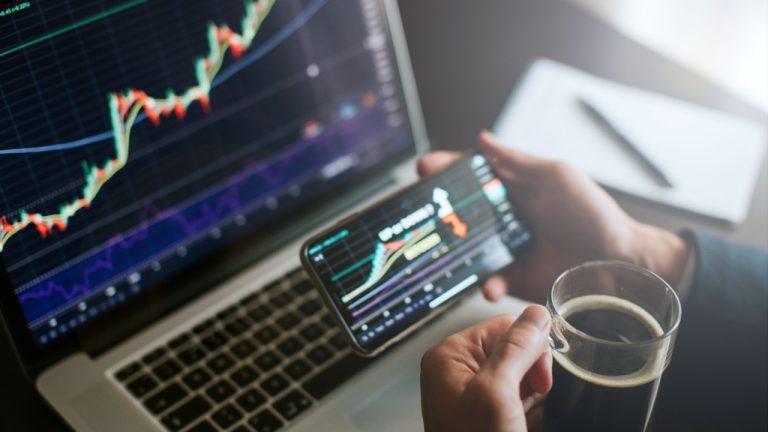


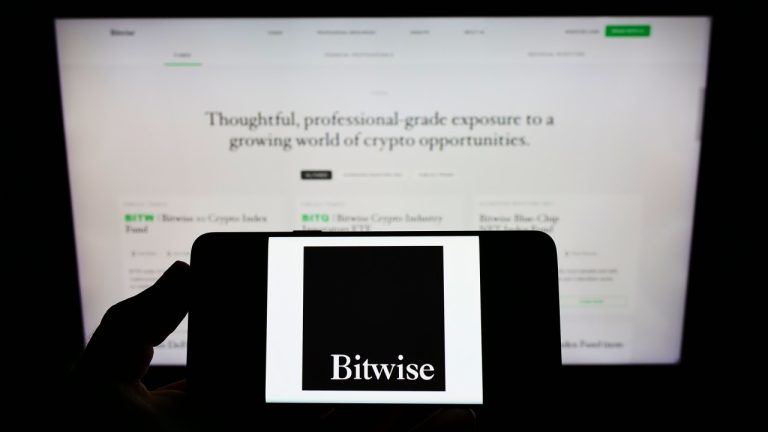


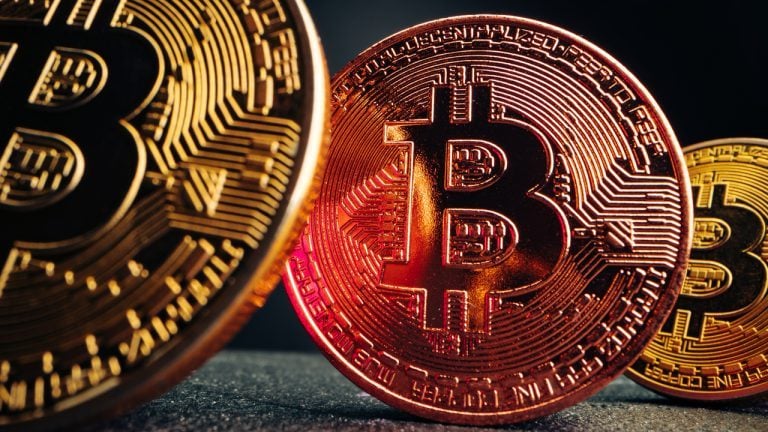

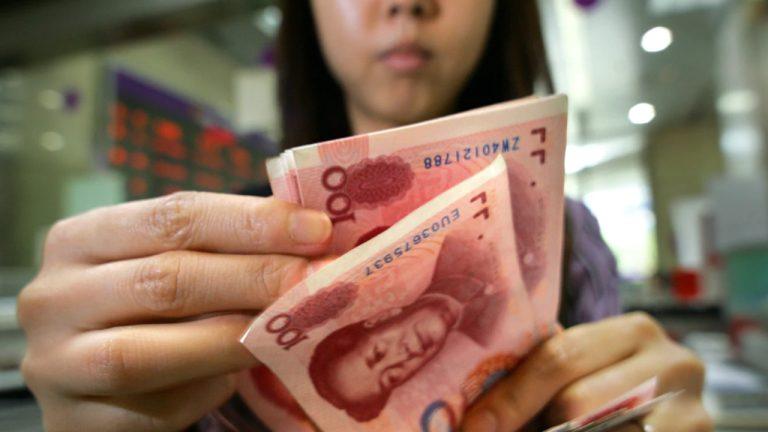
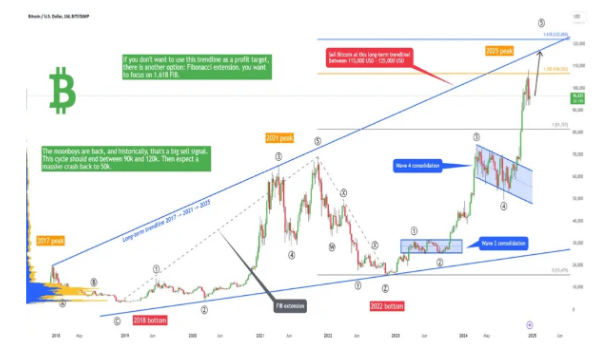

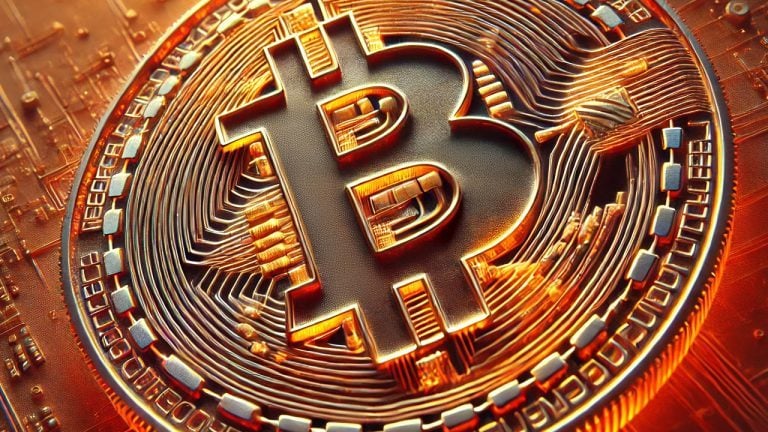


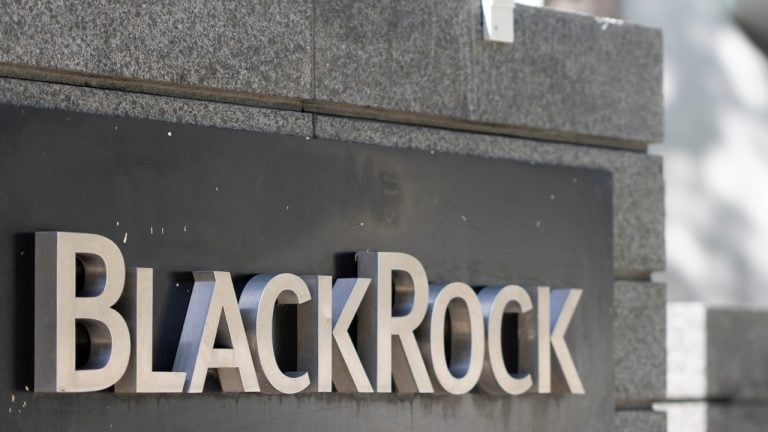
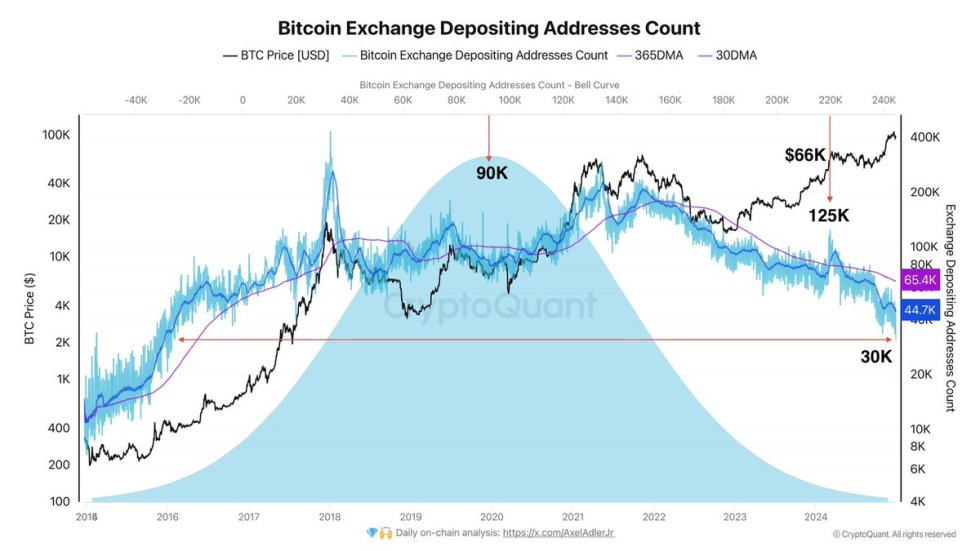
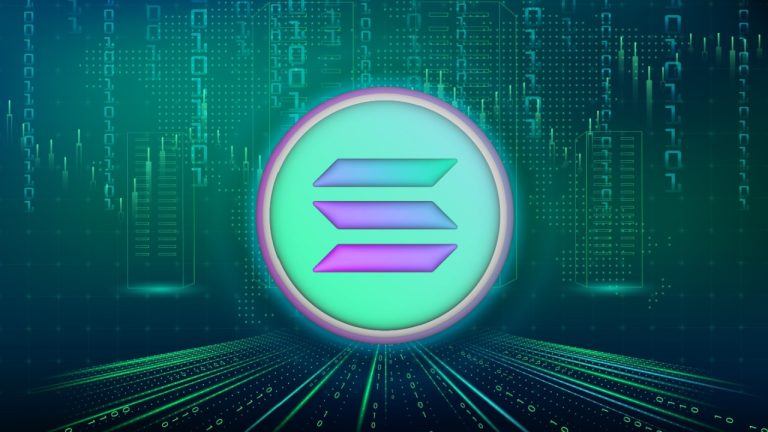

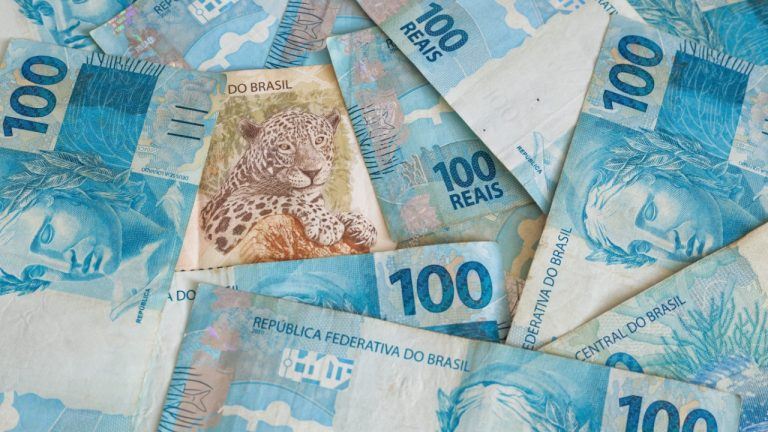
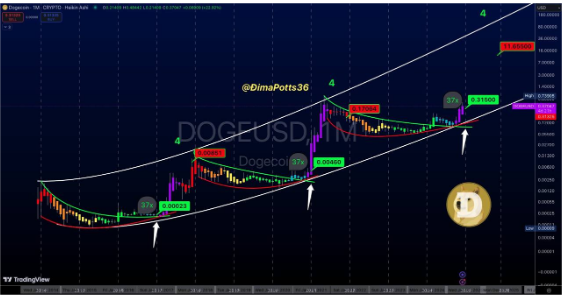
Comments